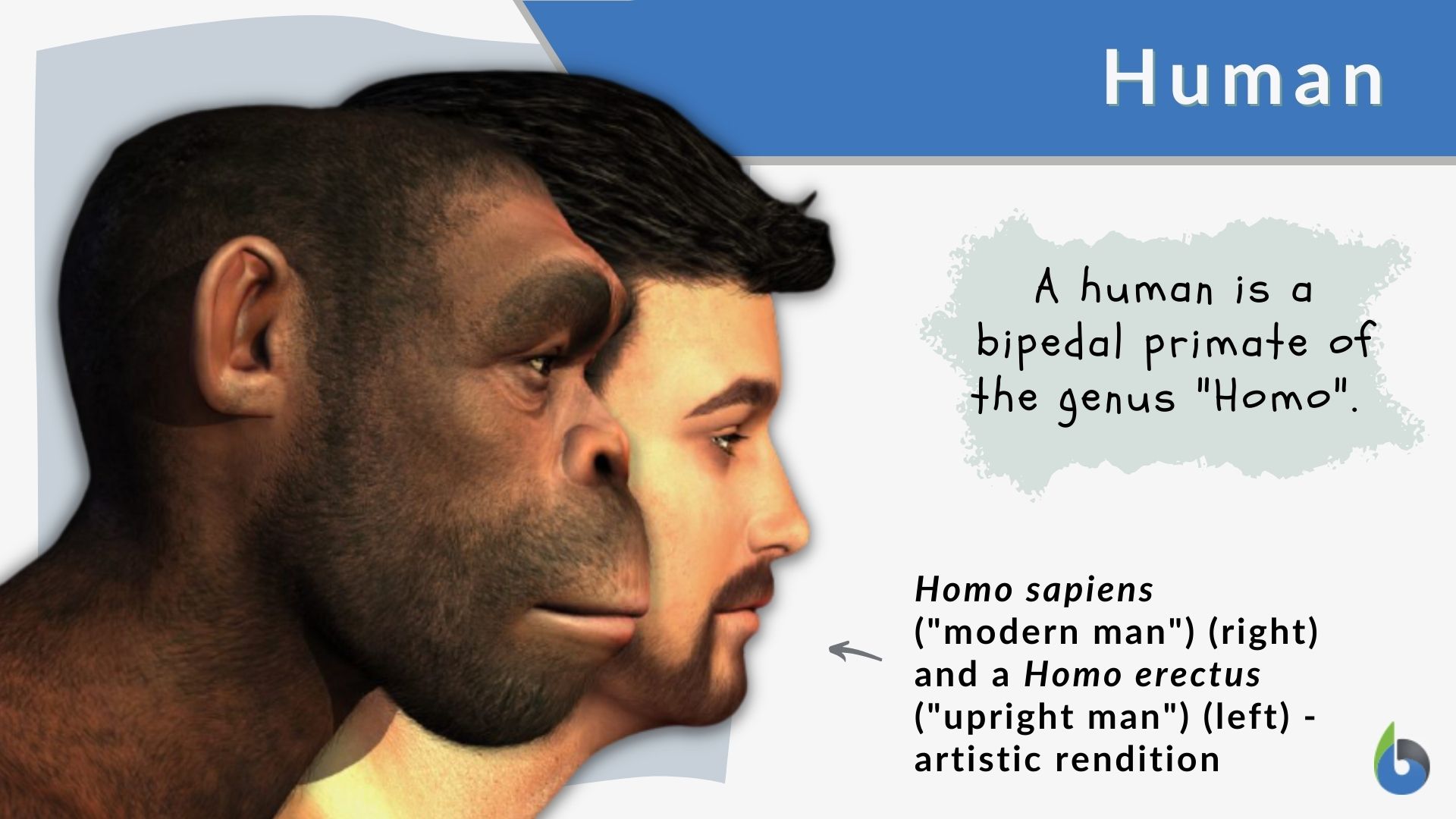The Bahá’í faith, a relatively young and dynamic religion, proposes intricate and profound teachings about the nature of the human heart, positing it as the intrinsic seat of the self. This perspective invites adherents and seekers alike to re-evaluate their understanding of identity, purpose, and interconnectedness. The heart, both metaphorical and literal, emerges as a pivotal element in the pursuit of spiritual development and human fulfillment.
At the outset, it is crucial to elucidate what is meant by “the human heart” in a Bahá’í context. Unlike traditional interpretations confined to the physiological organ, this concept encompasses a comprehensive framework within which spiritual, emotional, and intellectual dimensions coalesce. The heart in Bahá’í teachings is emblematic of love, compassion, and the capacity for transformation. It serves as the vessel through which humanity can connect with the divine, engage with others, and cultivate inner nobility.
One of the most compelling aspects of the Bahá’í perspective is the assertion that the heart houses the true self—an eternal entity distinct from the transient material existence. This distinction challenges contemporary materialistic paradigms that equate selfhood primarily with physicality and worldly achievements. Thus, the Bahá’í teachings prompt a transformative shift in perspective, urging individuals to transcend superficial identity markers in favor of a deeper understanding rooted in spiritual truths.
Central to this discourse is the concept of the “quest for truth.” Bahá’ís are encouraged to embark on a journey of introspection and critical inquiry, illuminating the pathways that lead to the heart’s authentic expression. The teachings espouse the idea that each individual possesses an inherent capacity for discernment. Such discernment is essential in navigating the complexities of life, allowing the heart to emerge as a beacon of insight amidst the clamor of external influences and societal expectations.
Moreover, the heart is viewed as a site for cultivating virtues that are essential for both personal and communal well-being. Qualities such as kindness, patience, and humility are not simply attributes to aspire to but are regarded as integral characteristics that nourish the heart and connect individuals to the greater tapestry of humanity. By fostering these attributes, individuals not only enhance their personal lives but also contribute to the elevation of society. This symbiosis embodies the core Bahá’í belief in the oneness of humanity and the interconnected nature of existence.
The role of love in the Bahá’í understanding of the heart is particularly noteworthy. Love is portrayed as the most potent force driving personal transformation and interpersonal relations. It transcends barriers erected by prejudice, culture, and nationality, laying bare the essence of unity that undergirds the human experience. A heart suffused with love becomes a catalyst for actions that promote understanding, harmony, and peace, aligning with the Bahá’í vision of a world characterized by justice and equity.
Furthermore, the connection between the heart and the intellect is emphasized, indicating that true understanding arises from the harmonious interplay between reason and emotion. In Bahá’í teachings, the intellect is celebrated as a divine gift, tasked with guiding the heart during times of turmoil or doubt. When intellect serves the heart, rather than becoming its adversary, individuals find themselves better equipped to navigate life’s challenges, ultimately facilitating profound personal and spiritual growth.
The Bahá’í writings also elucidate the dynamic nature of the heart, suggesting that it is not a static entity but rather a vessel capable of transformation through conscious effort and intention. This metamorphic potential is articulated through the concept of spiritual maturity, where individuals continuously refine their heart’s orientation towards virtue and service. This aspirational view posits that irrespective of one’s current state, there is always a path leading towards a more profound and loving existence.
In addition to the individual dimension, there exists a communal aspect to the teachings regarding the heart. The shared experiences of love and compassion can create an environment where collective healing and growth occurs. The notion of community becomes intertwined with the heart’s purpose, calling on individuals to engage actively in service and contribute positively to the welfare of others. By nurturing relationships grounded in genuine affection and reciprocity, communities can flourish, embodying the principles of unity and collaboration espoused by Bahá’í teachings.
Ultimately, the exploration of the heart within Bahá’í thought invites a meditation on one’s values, behaviors, and aspirations. It beckons individuals to cultivate a spirit of curiosity about their own internal landscape while engaging compassionately with the external world. This dual focus fosters a deeper connection to oneself and to others, leading to a life imbued with purpose and meaning. Such an approach heralds transformation, empowering individuals to embody the sanctity of the heart in their daily interactions and pursuits.
In conclusion, the Bahá’í teachings regarding the human heart as the seat of the self present a rich tapestry of ideas that challenge conventional understandings of identity and existence. Through the lenses of love, discernment, and virtue, individuals are encouraged to embark on a profound journey of self-discovery and communal engagement. This transformative perspective not only elevates personal consciousness but also lays the groundwork for a more harmonious and united global society. In this light, the heart becomes not merely an anatomical organ, but a vibrant source of wisdom and connection, urging humanity toward its higher potential.
